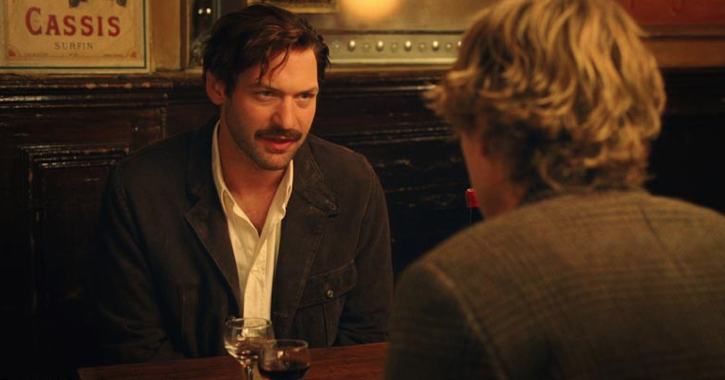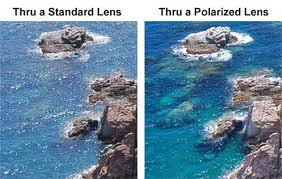Reading 1: 1 Samuel 16:1b, 6-7, 10-13a
Responsorial Psalm: Psalm 23: 1-3a, 3b-4, 5, 6
Reading 2: Ephesians 5:8-14
Gospel: John 9:1-41
Sunday’s readings all address seeing correctly. They contrast God’s sight with human sight. The prophet Samuel is even warned about the difference in anointing David as the new king:
“Not as man sees does God see, because man sees the appearance but the Lord looks into the heart.”
Samuel must look past the cultural norms of privilege. He must look past Jesse’s older sons who would have had more status in society, who were of “lofty stature”. Instead, God directs Samuel to choose the youngest son David, handsome to be sure, but also so lowly he is not brought in for the feast but left out to tend the sheep. He’s a modern day hourly wage earner, barely part of society. God calls us to be wary of the honor bestowed by society. It is not that it is evil but rather a poor guide for what is in someone’s “heart”. People esteemed by society can be kind and generous to those around them or blind to other people and their feelings.
The religious leaders in the gospel reading seem stuck in seeing as humans see. They investigate the miraculous healing of the man’s blindness, but they do not understand it as God’s work. They are blind, while the man cured of blindness comes to see. He chastises their lack of vision saying,
“This is what is so amazing, that you do not know where he is from, yet he opened my eyes. We know that God does not listen to sinners, but if one is devout and does his will, he listens to him. It is unheard of that anyone ever opened the eyes of a person born blind. If this man were not from God, he would not be able to do anything.”
The blind man tells them to see the good, the healing, to see as God does. All the religious leaders see is someone who challenges their interpretation of the law, their status, and their authority. They see as humans see.
They see as we usually see. We measure people not by their goodness or kindness. We measure them in comparison to us. We measure them by their social status, by their money, looks, fame, power, or influence. When we do, we see them as rivals and threats, not as people made in God’s image.
There is a scene in the movie Midnight in Paris that captures our human vision perfectly. In the story, an aspiring writer, Gil, is vacationing in Paris and finds himself able to travel back in time each midnight. When he does, he meets such figures as Gertrude Stein, F. Scott Fitzgerald, Pablo Picasso, Salvador Dali, and Ernest Hemingway. On the occasion he meets Hemingway, Gil asks if he would read his novel.
Gil: Would you read it?
Hemmingway: Your novel?
Gil: Yeah, it’s about 400 pages long, and I’m just looking for an opinion.
Hemmingway: My opinion is I hate it.
Gil: Well you haven’t even read it yet.
Hemmingway: If it’s bad, I’ll hate it because I hate bad writing, and if it’s good, I’ll be envious and hate it all the more.
I love this line because it is so perfectly captures the vision we fall into. We see others as threats and so look for ways to put them down. We do this because they are outsiders or different than us. We also do it because they are similar to us and so threaten our status. We doubt God’s love for us, believing it is both a scarce resource and we must earn or merit it, and we see anyone else as competition and so a threat to our acceptance. We see them not as God sees them but as humans see them.
In his letter to the Ephesians, Paul writes about God’s vision. It is a “light” that directs us to “every kind of goodness and righteousness and truth.” It brings us not to the fear and isolation of human vision but to the fullness of life that will “arise from the dead.” The Psalmist goes even further to indicate what God’s vision is. It is one that seeks out peace: “verdant pastures” and “restful waters” that “refreshes my soul”. It calls us to have “courage” and trust God in the face of “evil.” It is a vision of “goodness and kindness” the accompanies people “all the days of [their] life.”
In other words, God’s sight is not some hidden vision, as if we had to put on some special augmented reality visor to see as God does. Instead, God’s sight is the ability to see what will bring us closer to peace, goodness, kindness, and love. Let us pray that Jesus will open our eyes.




